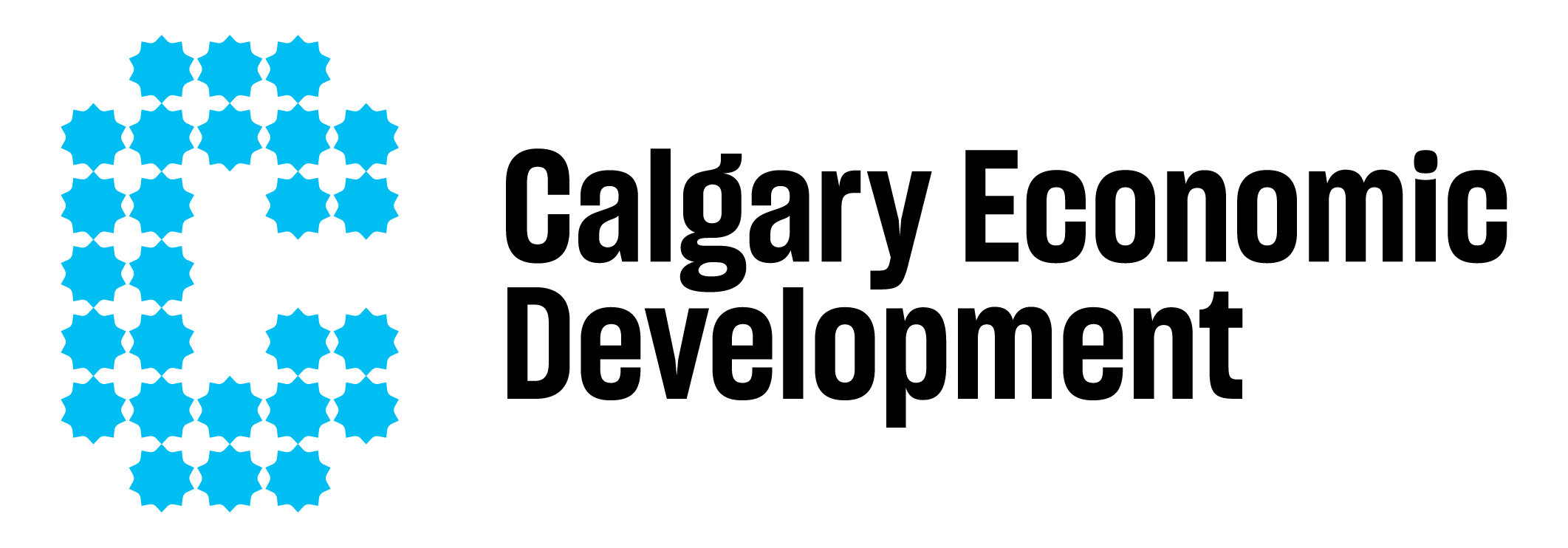Joel Schlesinger © Postmedia Network Inc.
One of Canada’s most renowned utility names has quickly transformed into one of the nation’s top renewable energy companies in the past few years.
“We’ve entered the renewables business in a significant manner in the last 18 months, with a major transaction: the purchase of Suncor’s renewable portfolio,” says Darcy Fedorchuk, vice-president of North American Power and Renewables at ATCO.
“That’s given us the scale and size that shows ATCO is a name to pay attention to when it comes to renewables across Canada and beyond.”
The $730-million acquisition of Suncor’s wind and solar assets increased ATCO’s power generation to 330 megawatts (MW) — enough to power about 150,000 homes. Those newly acquired assets include the 202 MW Forty Mile wind project near Bow Island in southern Alberta and a joint interest in the Adelaide wind facility in Ontario.
The move, which also included 1,500 MW of development projects, is part of a larger ATCO goal to own, develop or manage more than 1,000 MW of renewable electricity by 2030. Among its renewable projects underway are two of the largest urban solar farms in Canada nearing completion in Calgary that will soon produce more than 60 MW of power. A third solar project (37 MW) is under construction in eastern Alberta near the village of Empress.
The reasoning behind ATCO’s renewables push is twofold. One, ATCO — which has business lines in defence, structures and regulated utilities — aims to be net zero by 2050. The second element, of course, is to provide renewable energy to customers so they, too, can meet their climate-change commitments.
“Alberta is uniquely positioned as an energy wholesale market that allows purchase power agreements with large corporations,” Fedorchuk says of the marketplace condition that makes renewable development attractive in Alberta.
As a result, ATCO has been able to secure long-term agreements with companies such as Microsoft to provide them with clean energy.
All told, the energy provider has a growing renewables portfolio spanning Canada, Mexico and Australia, with future plans for more solar and wind projects.
“The biggest challenge now is the supply chain, accessing material and equipment and finding qualified construction labour.”
Aforementioned challenges aside, demand for renewables is not in short supply, Fedorchuk adds.
“There’s a significant market opportunity, and ATCO is well-positioned to meet it.”
This story was created by Content Works, Postmedia’s commercial content division, on behalf of Calgary Economic Development.

